Travel opens doors to experiences that reshape how we see the world, yet some of the most valuable lessons come from observing how different cultures approach the art of journeying itself. These traditions often reflect deeper values about community, respect, and mindfulness that can transform our adventures from mere sightseeing into meaningful connections.
From ancient rituals that ensure safe passage to modern customs that foster genuine cultural exchange, these practices have evolved over centuries to enhance both the journey and the destination. Here is a list of 16 travel traditions from around the world that can enrich your adventures.
Japanese Omiyage

The Japanese tradition of bringing back gifts for friends, family, and colleagues isn’t just about the present itself—it’s about showing that you thought of others while experiencing something new. These omiyage are typically local specialties that can’t be found elsewhere, making them genuine representations of your journey.
The practice transforms souvenir shopping from a last-minute obligation into a mindful activity throughout your trip. Rather than grabbing generic trinkets at the airport, you’ll find yourself genuinely exploring local markets and seeking items that tell the story of where you’ve been.
Irish Céad Míle Fáilte

This ancient Gaelic welcome translates to ‘a hundred thousand welcomes’ and represents the Irish approach to receiving visitors with genuine warmth and enthusiasm. The tradition goes beyond mere politeness—it’s about creating an immediate sense of belonging for travelers who might otherwise feel like outsiders.
When you encounter this level of hospitality abroad, it teaches you to extend the same warmth to visitors in your community. The practice ultimately breaks down the barriers between ‘us’ and ‘them’ that often define tourist experiences.
Like Travel Pug’s content? Follow us on MSN.
Scandinavian Allemansrätten
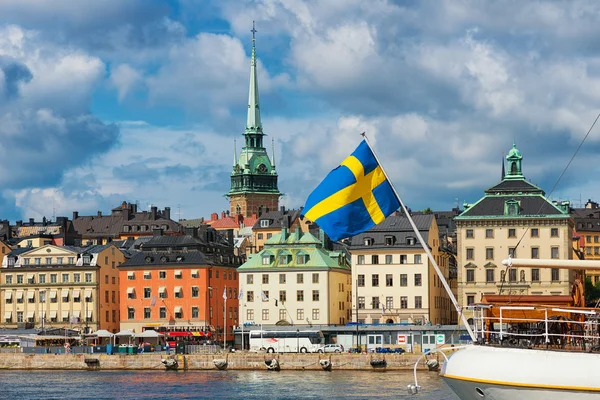
The Nordic concept of ‘right to roam’ allows anyone to access and camp on uncultivated land, regardless of ownership, as long as they follow the principle of ‘don’t disturb, don’t destroy.’ This tradition teaches travelers to move through landscapes with respect and minimal impact while still enjoying the freedom to explore.
The practice encourages a deeper connection with nature than typical tourism allows, fostering a genuine appreciation for the environment. It demonstrates how access and responsibility can coexist when travelers adopt the right mindset.
Indian Atithi Devo Bhava
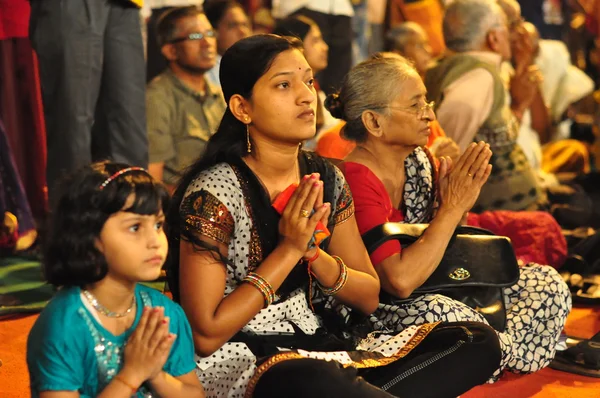
This Sanskrit phrase, meaning ‘guest is God, ‘ elevates hospitality to a spiritual practice, where welcoming strangers becomes an act of devotion. The tradition encourages hosts to treat travelers as honored guests deserving of the best they can offer, regardless of their circumstances.
For travelers, experiencing this level of care teaches humility and gratitude while challenging Western notions of transactional hospitality. The practice creates genuine human connections that transcend cultural and language barriers.
Aboriginal Walkabout

The traditional Aboriginal journey of self-discovery through solitary travel in the wilderness emphasizes personal growth over destination-checking. This practice encourages travelers to embrace uncertainty and discomfort as essential parts of the journey rather than obstacles to overcome.
The tradition teaches that meaningful travel often happens when you’re disconnected from familiar comforts and forced to rely on your resources. It transforms travel from entertainment into education about your capabilities and limitations.
Like Travel Pug’s content? Follow us on MSN.
Turkish Kahve Falı

The Turkish tradition of reading coffee grounds creates a ritual around slowing down and reflecting on your journey’s meaning. After finishing Turkish coffee, locals examine the patterns left in the cup to discuss possibilities and interpretations about the future.
This practice encourages travelers to pause and process their experiences rather than rushing to the next destination. The tradition transforms a simple beverage into a moment of contemplation and connection with local wisdom.
Polynesian Hōkūle’a
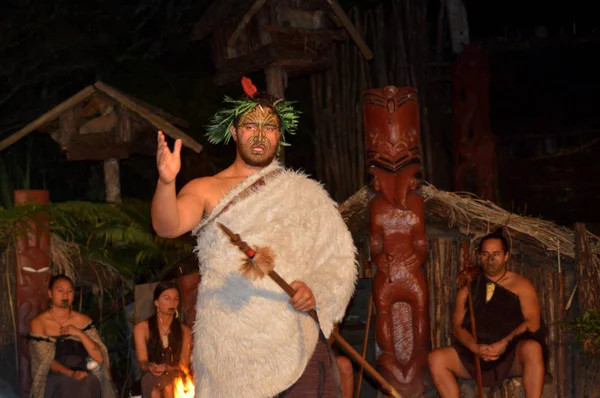
Traditional Polynesian navigation using stars, ocean swells, and natural signs teaches travelers to develop a deeper awareness of their environment. This ancient practice encourages modern travelers to put away GPS devices occasionally and rely on observation and intuition.
The tradition connects you more intimately with your surroundings rather than treating them as mere backdrops for photos. It demonstrates how slowing down and paying attention can reveal layers of experience that hurried travel misses entirely.
German Wanderlust

The German concept of wanderlust goes beyond the simple desire to travel—it represents a deep spiritual need to explore and understand the world through movement. This tradition encourages travelers to embrace the journey itself rather than focusing solely on destinations and achievements.
The practice treats travel as essential nourishment for the soul rather than luxury or escape from daily life. It validates the restless feeling that drives many travelers and transforms it into purposeful exploration.
Like Travel Pug’s content? Follow us on MSN.
Mexican Sobremesa

The Spanish and Latin American tradition of lingering at the table after meals extends the dining experience into meaningful conversation and connection. This practice encourages travelers to resist the urge to rush through experiences and instead savor the moments between activities.
The tradition teaches that some of the most valuable travel experiences happen in the pauses rather than the planned attractions. It demonstrates how slowing down can deepen relationships with both companions and locals you encounter.
Bhutanese Gross National Happiness

Bhutan’s approach to measuring progress through happiness rather than economic indicators influences how travelers evaluate their journeys. This philosophy encourages visitors to assess their experiences based on personal fulfillment and cultural learning rather than Instagram-worthy moments.
The tradition challenges the Western tendency to quantify travel success through sites visited, or countries conquered. It promotes travel as a means of personal development rather than social status enhancement.
Finnish Sisu
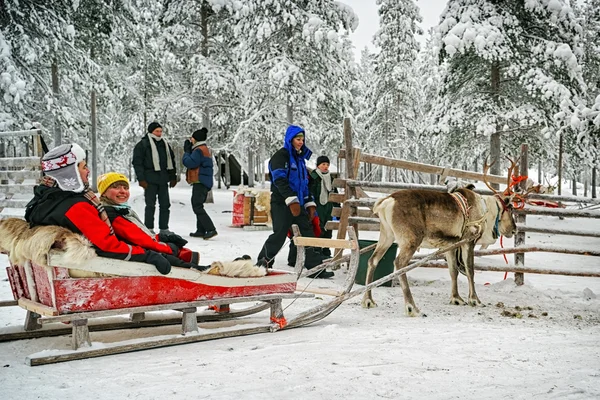
The Finnish concept of stoic determination and resilience in the face of challenges teaches travelers to embrace difficulties as part of the adventure. This mindset encourages persistence through uncomfortable situations rather than avoiding them or cutting trips short.
The tradition helps travelers develop confidence in their ability to handle unexpected circumstances while maintaining their sense of humor. It transforms travel obstacles from frustrations into opportunities for personal growth and memorable stories.
Like Travel Pug’s content? Follow us on MSN.
Maori Hongi

The traditional Maori greeting of pressing noses and foreheads together represents the sharing of breath and life force between people. This practice teaches travelers to approach new encounters with openness and respect for different ways of connecting.
The tradition challenges Western handshake culture and encourages more meaningful first interactions with people from different backgrounds. It demonstrates how physical gestures can create immediate intimacy and understanding across cultural divides.
Italian Passeggiata
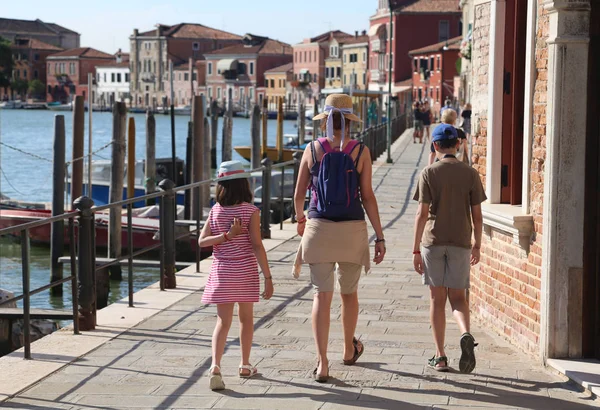
The Italian evening stroll tradition encourages travelers to explore destinations at a leisurely pace while observing daily life unfold around them. This practice teaches visitors to appreciate the rhythm of local life rather than imposing their rushed schedule on every experience.
The tradition creates opportunities for spontaneous interactions and discoveries that planned itineraries often miss. It demonstrates how walking without specific destinations can reveal the authentic character of a place.
Thai Wai
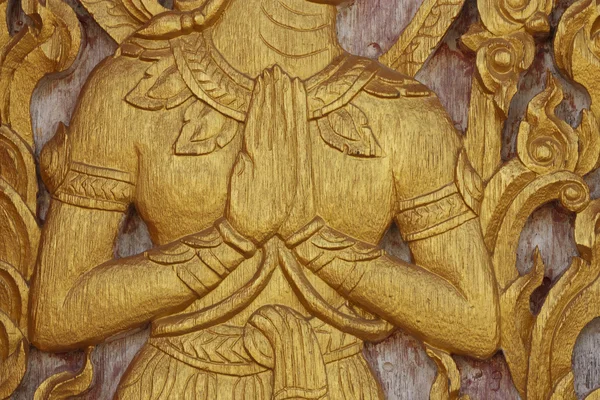
The traditional Thai greeting with palms pressed together teaches travelers to approach new cultures with humility and respect. This practice encourages visitors to learn local customs rather than expecting others to accommodate their familiar ways of interacting.
The tradition creates immediate positive impressions and demonstrates an effort to understand local values and beliefs. It transforms tourist interactions from transactions into genuine cultural exchanges based on mutual respect.
Like Travel Pug’s content? Follow us on MSN.
Icelandic Þetta Reddast
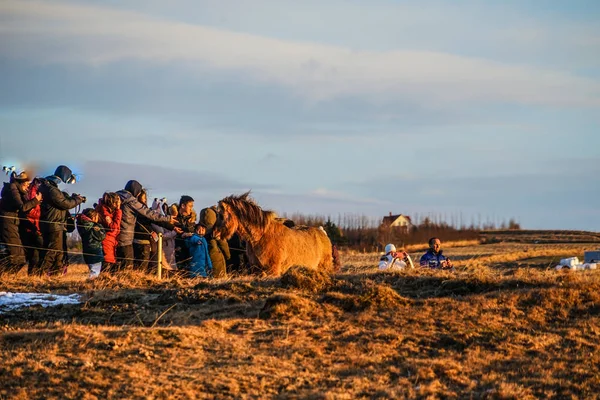
The Icelandic phrase meaning ‘it will all work out’ embodies a relaxed approach to travel planning that trusts in positive outcomes. This mindset encourages travelers to remain flexible when plans change and to view unexpected developments as opportunities rather than disasters.
The tradition teaches resilience and adaptability while reducing the stress that can accompany international travel. It demonstrates how attitude can determine whether challenges become adventures or simply problems to solve.
Korean Nunchi

The Korean concept of nunchi involves reading social situations and responding appropriately to unspoken cues and group dynamics. This skill teaches travelers to observe and adapt to local behaviors rather than imposing their cultural norms on every situation.
The practice helps visitors avoid inadvertent offense while creating opportunities for deeper cultural understanding. It transforms travel from a one-way experience of taking in sights to a two-way exchange of respect and learning.
Timeless Wisdom for Modern Journeys

These travel traditions remind us that the most meaningful adventures often come from how we approach the journey rather than where we go. They’ve survived centuries because they address fundamental human needs for connection, growth, and understanding that transcend cultural boundaries. Adopting even a fe
of these practices can transform routine trips into transformative experiences that continue enriching your life long after you return home. The wisdom embedded in these customs proves that the best travel advice often comes from communities that have been welcoming and sending travelers for generations.
Like Travel Pug’s content? Follow us on MSN.
More from Travel Pug

- 20 Best Beach Towns in the Carolinas
- 13 Destinations Where Tourists Regularly Regret Their Trip
- 20 Destinations That Are More Magical Without an Itinerary
- 20 Underrated Adventures That Belong on Your Travel List
- 20 Cities Where You Should Just Wing It, No Planning Required
Like Travel Pug’s content? Follow us on MSN.w us on MSN.N.
